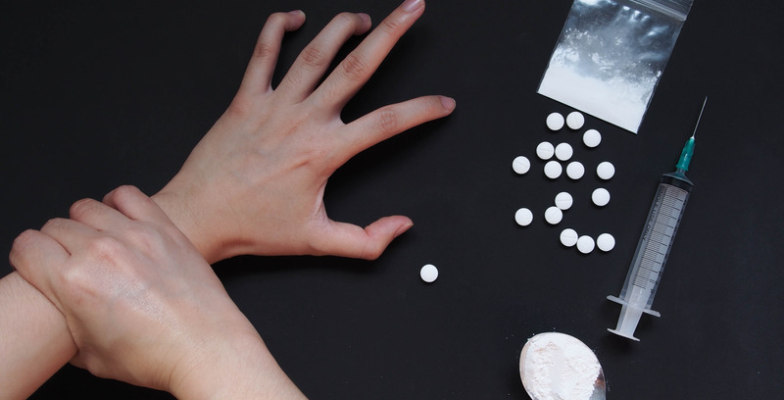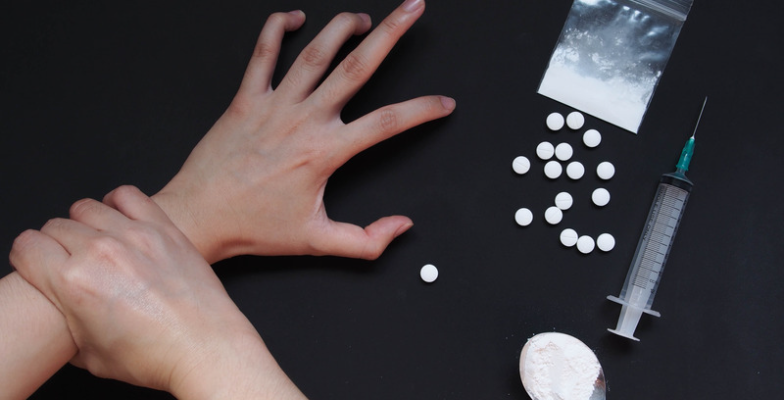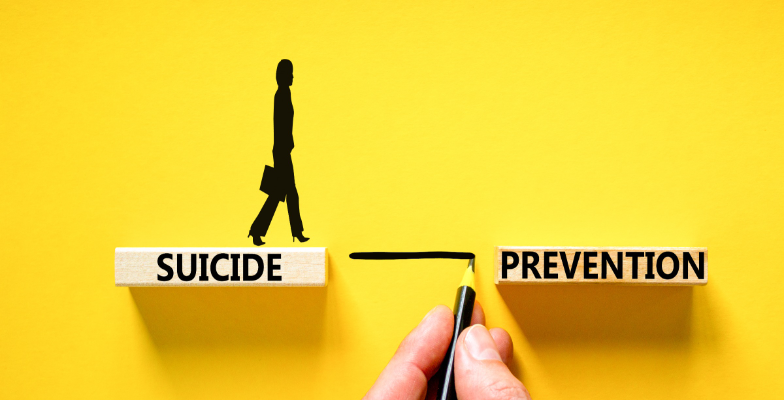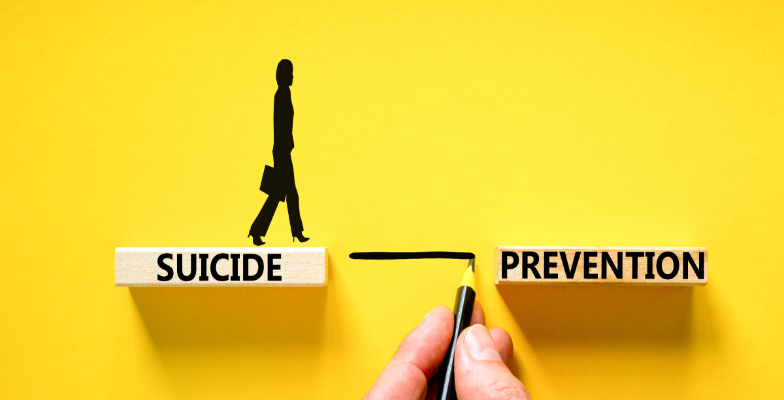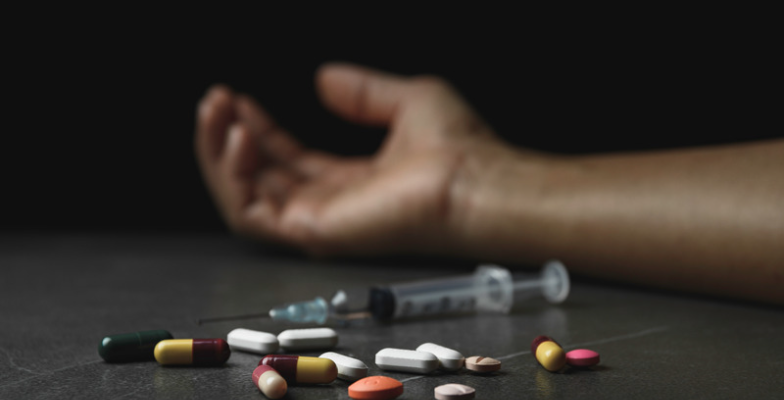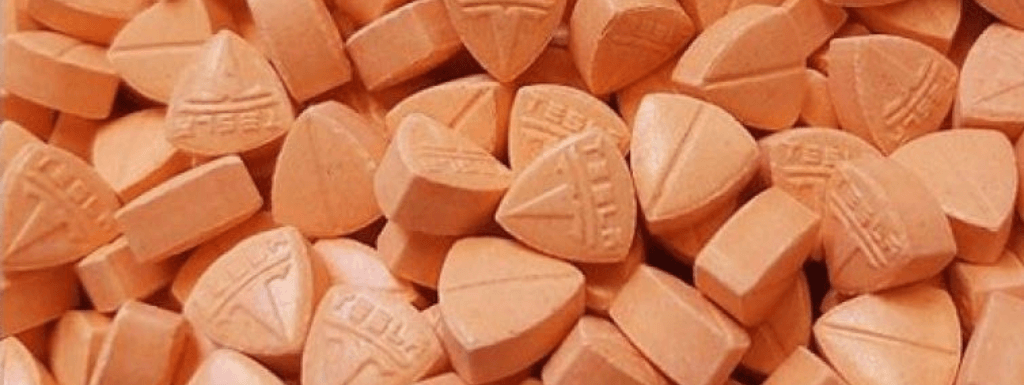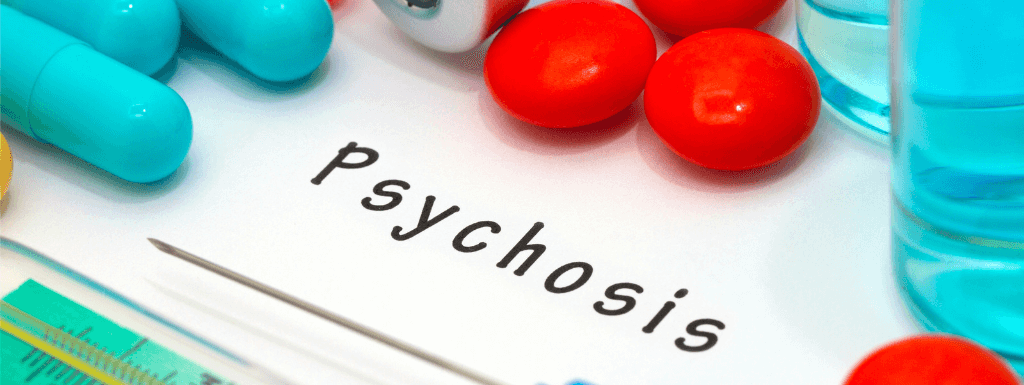Orange Tesla pills, imprinted with the Tesla logo, are an energetic supplement designed for increased energy and mental focus. The pills are orange in color, round, and about the size of a regular tablet. They contain natural stimulants like Vitamin B12, green tea, caffeine, and other herbal ingredients like guarana and eleuthero root extract. The natural stimulants provide a general boost of physical and mental energy while helping to improve focus and concentration.
Furthermore, they have no known side effects, making them a safe and natural choice for boosting energy and alertness. However, orange Tesla pills could be lethal if they contain powerful drugs such as heroin, fentanyl, or cocaine. Taking an unknown pill can be risky, as the drug dealer’s dosage and strength are unknown. It is important to be aware that an overdose could be fatal.
Furthermore, orange Tesla Pills are purportedly a form of street-manufactured MDMA or 3,4-methylenedioxy-methamphetamine, commonly known as ecstasy. While the drug is not generally recognized as a medical intervention, users anecdotally report that it produces a euphoric, uplifting experience similar to other forms of MDMA. Additionally, users report enhanced effects compared to conventional MDMA, such as increased energy and clarity of thought. While no scientific evidence supports these claims, they indicate a connection between orange Tesla Pills and MDMA and ecstasy.
What’s in Orange Tesla Pills?
Orange Tesla Pills are energy supplements marketed as an alternative to coffee. They claim to provide a concentrated burst of energy, focus, and increased mental clarity and alertness. The main ingredients include a proprietary blend of herbs and vitamins, including:
- Guarana
- Ginkgo Biloba
- Rhodiola Rosea
- Vitamin B12
Orange Tesla pills are not proven to be effective energy boosters, and a medical provider should be consulted before taking them and can be especially harmful to young people.
Are Orange Tesla Pills Safe?
Orange Tesla pills are not FDA-approved or regulated by the drug enforcement administration and are likely unsafe. According to the BBC, because the drug is not regulated, it could contain dangerous ingredients or have unknown side effects. We recommend consulting a doctor before taking any medication or supplement.
Laced MDMA Pills
Laced pills are created when a drug is combined with other substances, often to increase the drug’s effect or change its flavor. They can contain various other substances, including other drugs, alcohol, caffeine, sugar, and even household chemicals. Laced MDMA pills also pose a serious risk to users as the added ingredients could be dangerous and cause various health issues.
While these pills may appear identical to regular MDMA pills, the effects could be more unpredictable, and adverse reactions are likely. Orange Tesla pills are believed to contain a combination of ecstasy/molly, methamphetamine, and other stimulants and can also include fentanyl. Due to the unpredictable nature of laced pills, it is impossible to know how strong the effects of an orange Tesla pill may be. Laced drugs can lead to serious health risks, including overdose, seizures, and even death.
Death
Orange Tesla Pills can kill people due to their high potency. The pills contain powerful stimulants and depressants, including amphetamines, MDMA, ecstasy, and caffeine. In high doses, these substances can cause severe respiratory depression, irregular heartbeat, and changes in body temperature, and can be life-threatening, ultimately resulting in death. People are at exceptionally high risk if they have existing health problems or mix the pills with other drugs or alcohol.
Public Health has compiled stats on the dangers of the hallucinogen orange Tesla pills, which includes the following:
- 43% of users become dependent on the drug
- Psychological harm
- Fatigue
- Loss of appetite
- Feelings of depression
- Trouble concentrating
- Increased heart rate
Damage to Organs
Orange Tesla tablets have been linked to severe organ damage, which can be irreversible even with a full recovery, including the heart, liver, and kidneys. Tesla Pill-related death or organ damage is a serious concern. The active ingredient in Tesla Pills is often a variety of highly toxic industrial chemicals, which can cause organ damage or death if not used cautiously. Ingestion of even small amounts of these chemicals can be hazardous, and it is not recommended to ingest orange Tesla pills. If you take the orange Tesla pill, monitoring your health and seeking medical attention if you experience any of the above symptoms is essential.
Other Dangers of Orange Tesla Pills
In addition to the side effects stated by Public Health, orange Tesla Pills can also lead to numerous health problems, including high blood pressure and heart problems due to the caffeine in them, increased risk of stroke or seizures due to the stimulants, and kidney and liver damage. Other possible side effects include dizziness, anxiety, insomnia, difficulty sleeping, increased blood pressure, and irritability. They may also cause dehydration and a rise in body temperature and pulse. Ingesting a large amount may lead to an overdose, possibly resulting in seizures and death.
The combination of Tesla Pills and alcohol is not recommended. Alcohol is a depressant and can magnify the effects of the orange Tesla pill, causing potential physical and mental harm. Avoiding this combination is best, as it increases the risk of severe consequences, including heavy intoxication, decreased coordination, and impaired judgment.
Why Do People Take Orange Tesla Ecstasy Pills?
While the orange Tesla pills are known to cause an intense euphoric feeling, providing a sense of well-being and happiness along with an increase in energy levels and focus, abusing them at large-scale events such as music festivals, and raves are on the rise. This is due to the known increase in libido, making sexual activity more pleasurable and improving social skills making attendees more outgoing and talkative in social situations. There has also been a noted increase in users’ sensory perception, which leads to brighter colors, sharper sounds, and a heightened sense of touch.
Harm Reduction Strategies
Harm reduction strategies include educating yourself and those around you about drug use and its associated risks. Avoid mixing different drugs and driving or operating heavy machinery under the influence.
Test strips should be used to test for fentanyl in the drugs before taking them. These strips detect if fentanyl is present in a pill, usually in the form of a line or other symbol appearing on the test strip. Make sure to follow a proper testing procedure and read the results carefully.
If fentanyl is present, discard the drugs and seek medical care. It is crucial to test for illicit drugs, as fentanyl can be dangerous and potentially fatal. In addition, the drug glows under blacklight, which makes it easy to spot in dimly lit clubs and bars.
Treatment For MDMA Abuse
Our premier Nashville rehab center can benefit those attempting to quit orange Tesla pills or overcome other substance abuse issues. Southeast Addiction Center offers highly useful therapies like cognitive-behavioral therapy, motivational interviewing, and group therapy. These proven treatments provide individuals new ways to cope with cravings, relapse prevention, and identify underlying causes of addiction. Furthermore, by offering a supportive environment, monitoring medication levels, and providing detoxification services, rehab centers allow people to effectively focus on their recovery and regain control over their lives.
If you are a loved one is abusing orange Tesla pills or other forms of MDMA, Southeast Addiction Center in Nashville has industry-leading treatment programs to tackle pill abuse. Our caring admissions team is ready 24/7 to guide you through the process. Call us at (888) 981-8263 or email us at [email protected]. Contact us to get help now.

